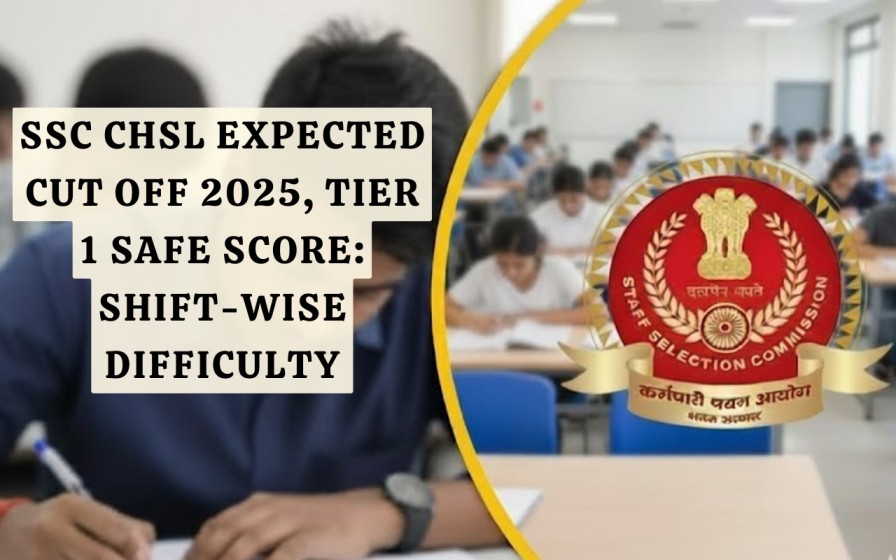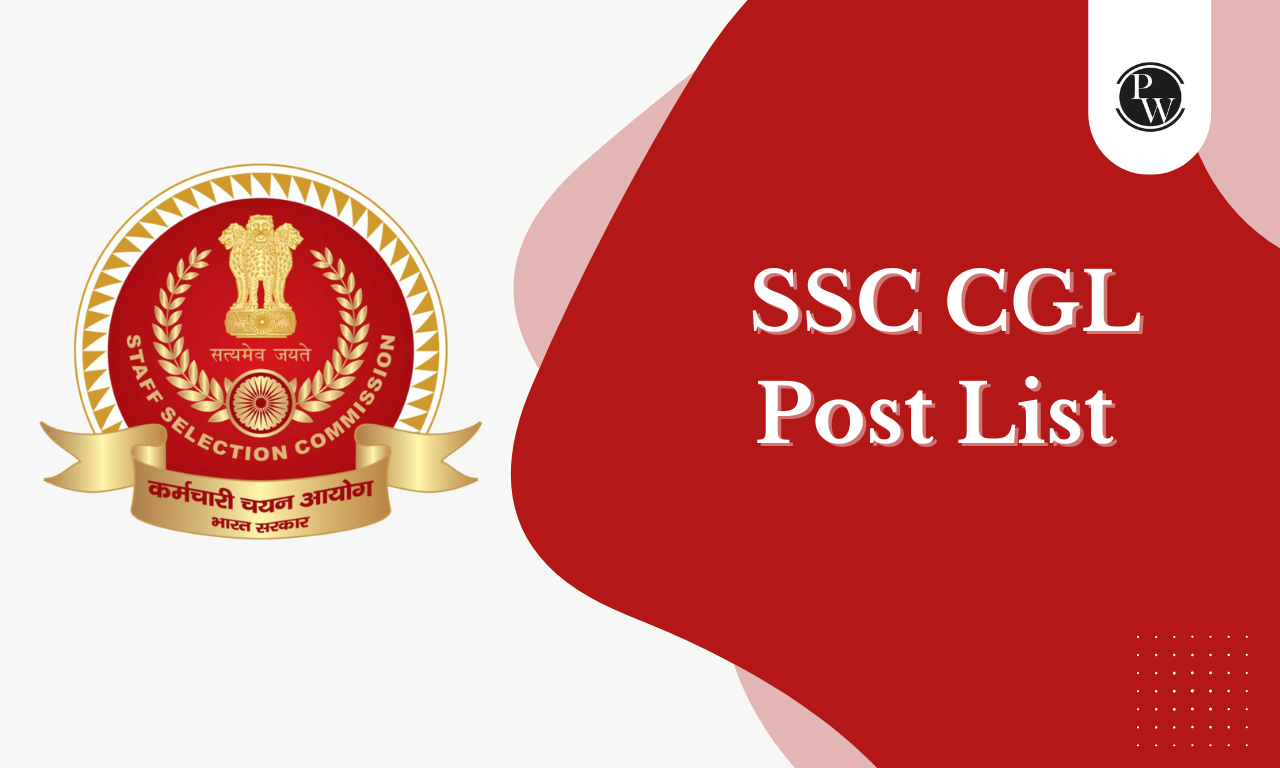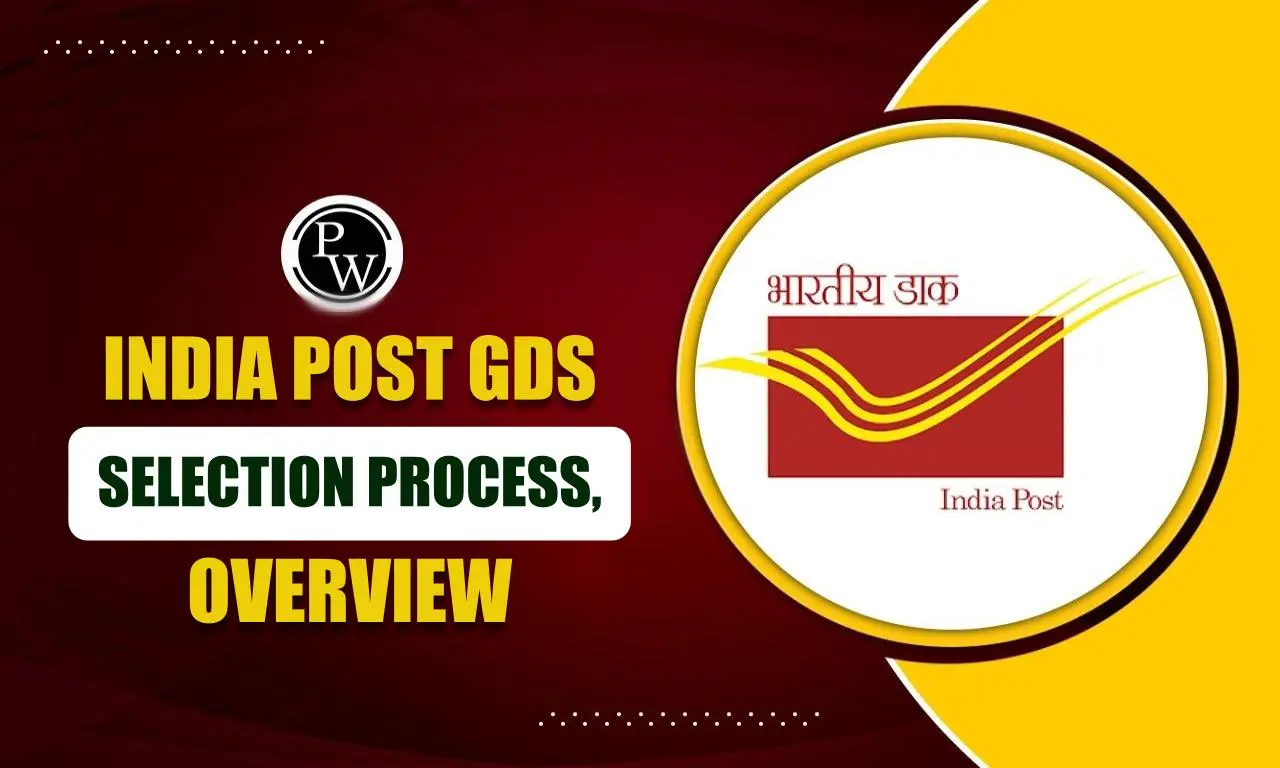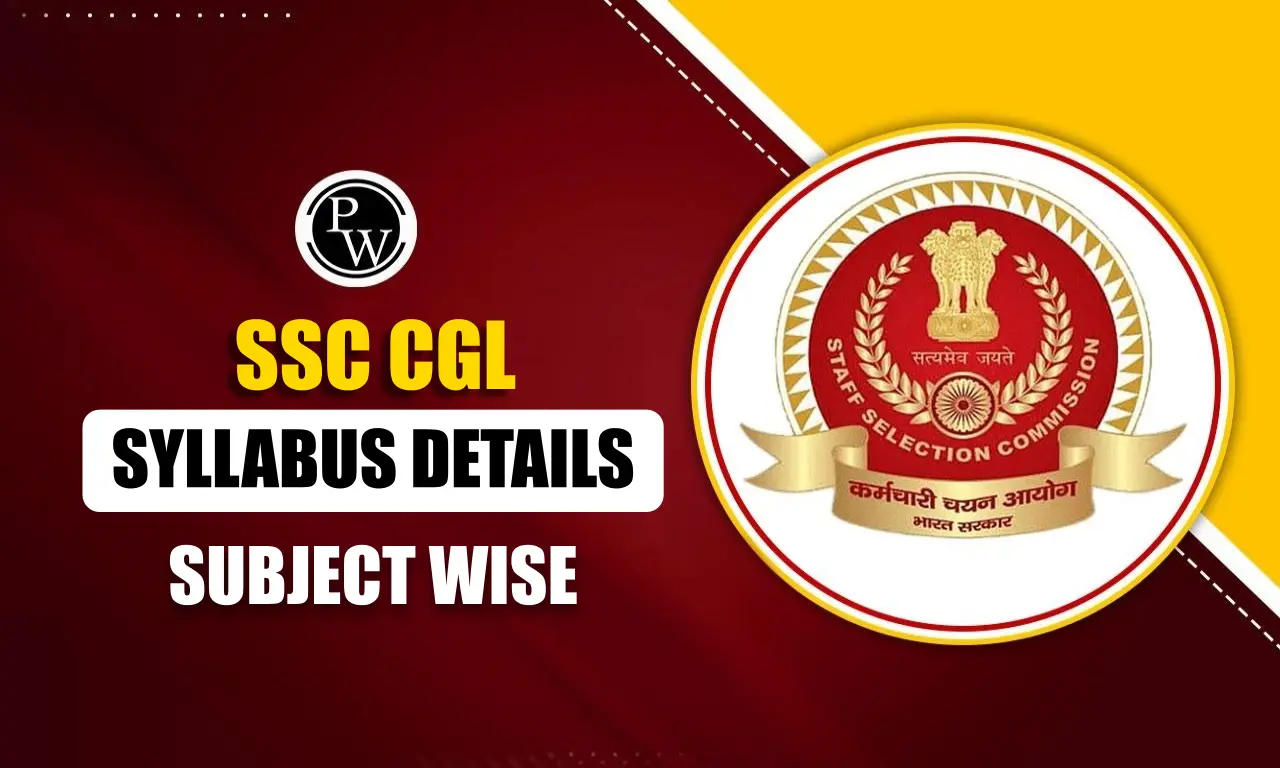
PM Poshan Scheme: The Pradhan Mantri Poshan Scheme, also known as the National Nutrition Mission or Poshan Abhiyan, is a program of the Government of India aimed at addressing malnutrition and related issues among children and mothers. Launched in March 2018, the scheme operates with a multi-sectoral approach, involving various ministries and departments to ensure comprehensive coverage and effective implementation.
PM Poshan Scheme
In September 2021, the Union Cabinet approved the Government Scheme called Pradhan Mantri Poshan Shakti Nirman, or PM-POSHAN, aiming to provide one hot cooked meal in Government and Government-aided schools. With a financial outlay of Rs 1.31 trillion, this scheme replaced the national Mid-day Meal Scheme. It's launched for an initial five-year period, from 2021-22 to 2025-26.PM Poshan Scheme Objectives
The primary objective of the PM Poshan Scheme is to reduce the prevalence of stunting, under-nutrition, anemia, and low birth weight in children, as well as to address the nutritional needs of pregnant and lactating mothers. Malnutrition, which includes both undernutrition and overnutrition, is a significant public health concern in India, affecting millions of children and women across the country. The scheme adopts a lifecycle approach, focusing on the first 1,000 days of a child's life, starting from conception until the age of two, which is crucial for ensuring optimal growth and development. It recognizes the importance of adequate nutrition during pregnancy and early childhood in shaping the health and well-being of individuals and the nation as a whole. Under the Poshan Abhiyan, several key interventions and components are implemented to achieve its objectives:- ICDS and Anganwadi Services Strengthening : The Integrated Child Development Services (ICDS) program, along with Anganwadi centers, plays a central role in delivering essential nutrition and health services to children and mothers at the grassroots level. The scheme focuses on enhancing the quality and coverage of these services, including supplementary nutrition, growth monitoring, immunization, and health check-ups.
- Community Mobilization and Awareness : Poshan Abhiyan emphasizes community engagement and mobilization to create awareness about the importance of nutrition, health, and hygiene practices. This includes behavior change communication activities, outreach programs, and the involvement of frontline workers such as Anganwadi workers, ASHAs (Accredited Social Health Activists), and AWWs (Anganwadi Workers).
- Jan Andolan : The scheme promotes a people's movement or "Jan Andolan" to mobilize various stakeholders, including government agencies, civil society organizations, media, and the private sector, to collectively address malnutrition. It encourages community participation, advocacy, and partnerships to catalyze action and support for nutrition-related initiatives.
- Convergence and Capacity Building : Poshan Abhiyan emphasizes the convergence of various programs and schemes related to nutrition, health, water, sanitation, education, and women's empowerment. It seeks to strengthen inter-sectoral coordination and collaboration at the national, state, and district levels. Additionally, capacity building efforts are undertaken to enhance the skills and knowledge of frontline workers and stakeholders involved in nutrition interventions.
- Monitoring, Evaluation, and ICT-Based Tools : The scheme utilizes technology and ICT-based tools for real-time monitoring, tracking, and evaluation of nutrition-related interventions and outcomes. This includes the use of mobile applications, dashboards, and management information systems to facilitate data collection, analysis, and decision-making at different levels of implementation.
- Innovative Strategies and Best Practices : Poshan Abhiyan encourages the adoption of innovative strategies, best practices, and evidence-based interventions to address the diverse nutritional needs and challenges faced by children and mothers. This includes the promotion of breastfeeding, micronutrient supplementation, dietary diversification, and fortified foods.
- Targeted Interventions for Vulnerable Groups : The scheme prioritizes targeted interventions for vulnerable and marginalized groups, including children from disadvantaged communities, adolescent girls, pregnant and lactating mothers, and children with special needs. Special attention is given to addressing the specific nutritional requirements and vulnerabilities of these populations.
PM Poshan Scheme Features
Coverage: The PM-POSHAN scheme provides 100 grams of food grains per day to primary (1-5) and 150 grams to upper primary (6-8) schoolchildren, ensuring a minimum of 700 calories. It also extends to balvatikas (ages 3-5) in pre-primary classes.
Nutritional Gardens: Encouraging locally-grown nutritional foods through "school nutrition gardens" involving Farmers Producer Organizations (FPOs) and Women Self Help Groups for economic growth.
Supplementary Nutrition: Provisions for supplementary nutrition in aspirational districts and areas with high anaemia prevalence, allowing states to include additional items like milk or eggs without bearing extra cost.
Tithi Bhojan Concept: Community participation program, TithiBhojan, encourages special food provision to children on occasions/festivals.
Direct Benefit Transfer (DBT): States and UTs are directed to switch to DBT for compensating cooks and helpers, aiming to prevent leakages.
Nutrition Expert: Each school to appoint a nutrition expert ensuring health aspects like BMI, weight, and haemoglobin levels are monitored.
Social Audit: Mandatory social audit for each school in each state to assess scheme implementation, ensuring accountability.
Overall, the Pradhan Mantri Poshan Scheme represents a comprehensive and concerted effort by the Government of India to combat malnutrition and improve the nutritional status of children and mothers across the country. By addressing the root causes of malnutrition and promoting holistic approaches to nutrition and health, the scheme aims to ensure the well-being and development of future generations, laying the foundation for a healthier and more prosperous India. To succeed in upcoming exams, candidates should consider exploring PW SSC Books We provide high-quality content at an affordable price, including sample papers, mock tests, guidance sessions, and more to ensure aspirants secure their selection. Also, enroll today on SSC Online Coaching to turn your dreams into reality.PM Poshan Scheme FAQs
What is the PM Poshan Scheme?
Who does the PM Poshan Scheme benefit?
How does the PM Poshan Scheme promote local economies?
How does the PM Poshan Scheme ensure transparency?










